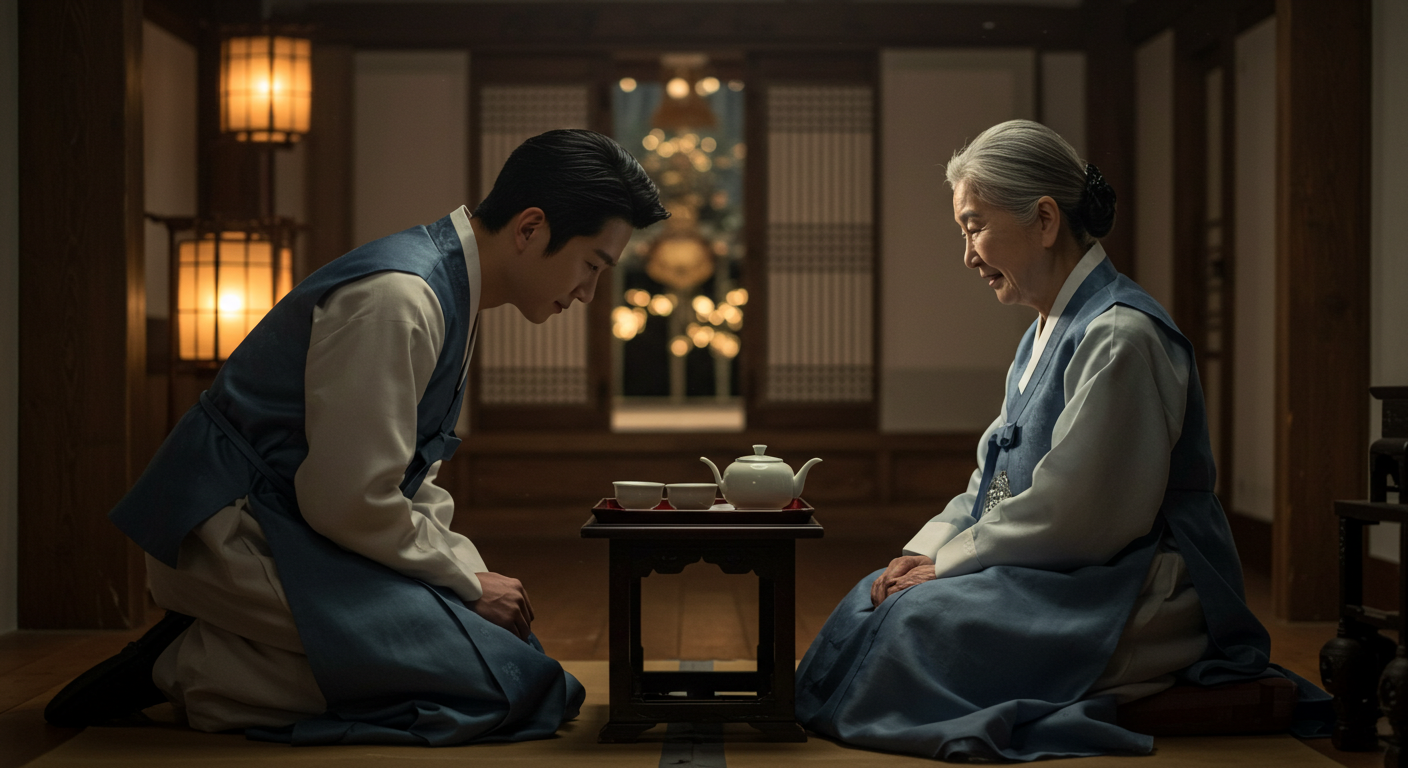Why Do Koreans Ask Your Age First? (Korean age culture)
“Which year were you born?” That was one of the first questions I heard in Korea, and I froze for a moment. In many Western countries, people usually ask about your name, job, or hobbies first—but here, age came before anything else. At first, it felt invasive. But I would soon realize that in Korea, Korean age culture plays a vital role in shaping relationships and setting the tone of communication.
First Encounters – Confusion and Culture Shock
During a university orientation, several students asked my age within minutes of meeting me. I smiled awkwardly, unsure of how to respond. Then I noticed how the moment I told them my age, their language and tone changed. Someone said, “Then I’m your younger brother,” and immediately switched to more casual speech. That’s when I understood: social hierarchy in Korea operates primarily through age. It’s how people decide how to speak to each other and what titles to use.
Learning to Adapt – When I Started Asking, Too
Soon, I found myself asking others, “How old are you?” It wasn’t just curiosity. I needed to know how to speak to them properly—formal or informal? Call them sunbae, hyung, or just by their name? The answer determined everything. This was a reflection of respect for elders, where age isn’t just a number but a guideline for interaction.
It felt strange at first, but I began to see the order it brought. Relationships became clearer, and misunderstandings were less frequent. There was a certain harmony to it all.
A Moment of Realization – Age, Respect, and a Quiet Kindness
At first, I thought this age-based culture was merely a strict social code—a hierarchy that limited personal freedom. But the more time I spent in Korea, the more I saw something deeper: a quiet form of kindness embedded in everyday relationships. When someone calls you hyung (older brother) or unnie (older sister), they aren’t just stating your age—they’re showing care, familiarity, and a willingness to take responsibility.
I noticed how older friends would instinctively pay for meals, offer advice, or walk on the outer side of the street when we crossed a road. These actions weren’t ordered by any rulebook—they were simply understood as part of being the “older one.” In return, the younger friend would express respect through speech, attentiveness, and sometimes small acts like carrying a bag or pouring drinks. This was respect for elders, not out of fear or duty, but a shared understanding of roles.
Rather than a cold system of rank, I began to see Korean age culture as a network of subtle, mutual care. It provided a social structure that allowed people to connect, even without saying much. There was unspoken comfort in knowing where you stood and how to act—and within that structure, genuine affection often grew.
Closing Thoughts – My View Has Changed
Now, when someone asks for my age, I no longer feel offended. I understand that behind the question is a desire to connect in the Korean way—to know how to relate to me respectfully. Korean age culture might seem rigid from the outside, but within it lies a unique warmth and sense of belonging. Being someone’s dongsaeng (younger sibling) or hyung now feels like being part of a quiet, caring system—and it’s something I’ve come to appreciate deeply.
Birthday traditions also reflect this social value:
Seaweed Soup for the Soul – A Foreigner’s Encounter with Korean Birthday Traditions
